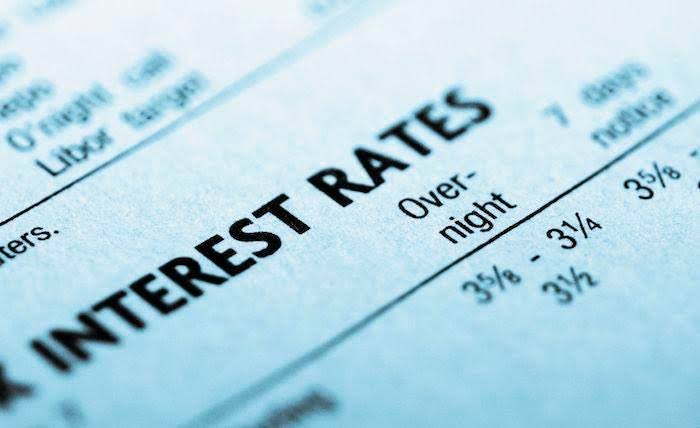
The economic analysts and members of the OPS have raised apprehensions regarding the potential effects of the increase on the ordinary Nigerian citizen and the overall economy.
Paul Alaje, the Chief Economist at SPM Professionals, pointed out that although the measures could address inflation, they might not provide relief for Nigerians.
He said, “The implications are not going to be as comfortable as we thought. Businesses that are funded by banks or businesses that are on bank loans will have to brace up for a major increase in bank rates that they will be receiving possibly from this week or next week from their respective financial institutions.
“The implication is that unemployment will increase. If businesses find it so hard to do business because of increasing bank rates as induced by high MPR and CRR, we have to brace for the challenges. Inflation is expected to go slowly. However, despite these adjustments, inflation will still grow. It might not be as sporadic as it is growing right now. Time will tell. What we are saying is that we have still not dealt with the cost-push inflation that is currently a major factor of the current inflation in Nigeria. And you know that inflation in Nigeria is driven by food inflation and imported inflation. The exchange rate is a major factor as well as prices of commodities.”
Uche Uwaleke, a professor specializing in the Capital Market at Nasarawa State University, said, “Jerking up the MPR by 400 basis points in one fell swoop is simply an overkill. Why not by not more than 200 basis points since they have another opportunity to meet next month and review the impact?
“They didn’t stop at MPR, they also jerked up the CRR to 45 per cent which at the previous level of 32.5 per cent was among the highest in Sub-Saharan Africa. The CBN governor had assured Nigerians that the policies of the bank would be evidence-based. Which empirical results support this aggressive move?”
“I pity the real sectors of the economy. The implication is that for every deposit in the bank, CRR takes 45 per cent of it while the Liquidity ratio takes 30 per cent. So it is only 25 per cent of the deposit that banks can lend! This has negative implications for access to credit, cost of capital for firms, cost of debt service by the government and asset quality of banks.
“Expect banks to quickly re-price their loans with negative consequences for non-performing loans and financial soundness indicators. By this overkill on the economy in a bid to crash elevated inflation which by the way has numerous non-monetary factors driving it, output is bound to shrink. So, expect lower GDP numbers, especially from agricultural and industry sectors as well as a surge in unemployment levels. This is not a welcome development.”







